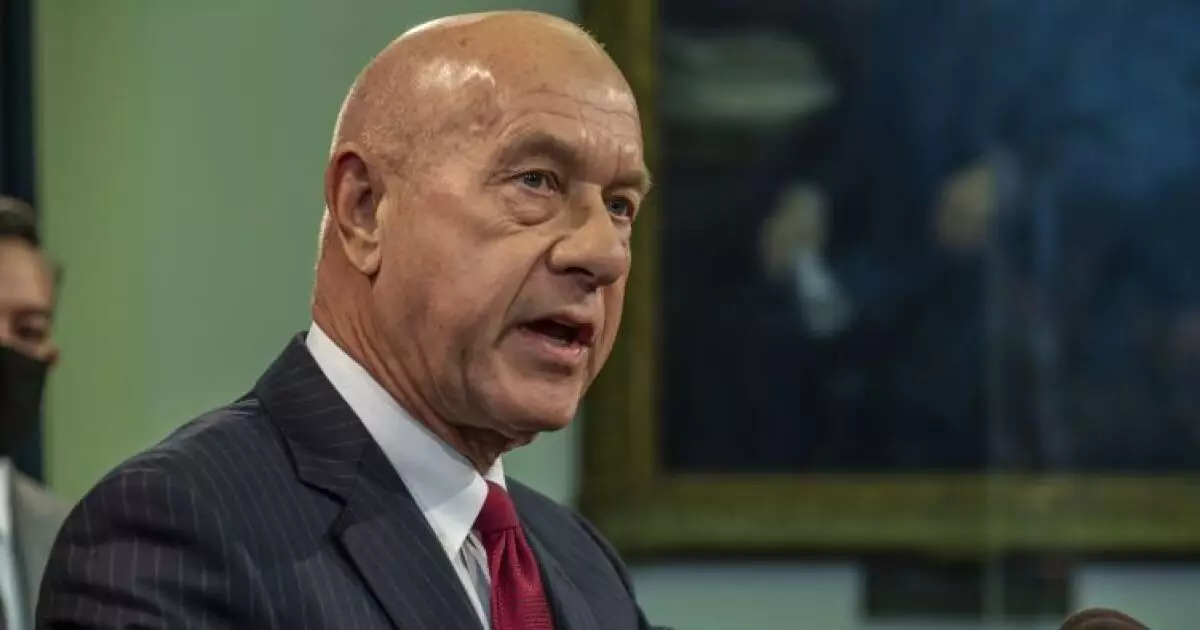In the face of escalating financial difficulties, Houston is taking bold steps to revamp its fiscal management strategies. On a recent Wednesday, officials, spearheaded by Mayor John Whitmire, introduced a comprehensive roadmap aimed at generating significant savings for the upcoming fiscal year 2026. The strategy is grounded in operational efficiencies, a commitment to accountability, and stricter spending controls, all stemming from recommendations in an Ernst & Young efficiency study commissioned previously.
Mayor Whitmire’s call for greater transparency and operational efficacy in city governance is noteworthy. Emphasizing the need for streamlined service delivery, he expressed confidence that improved efficiencies would not only strengthen city finances but also foster public trust. Increased public support, the mayor implied, could open avenues for enhanced revenue generation, thereby enriching city’s financial landscape. This proactive approach suggests a pivotal shift from reactive to proactive financial management.
Houston’s financial position is precarious as the fiscal year 2025 commenced with a staggering all-funds budget of $7.3 billion, encompassing $3.03 billion in general fund allocations. However, the existing budget paints a concerning picture; a structural deficit looms, exacerbated by the depletion of reserves and ongoing commitments. Notably, credit rating agencies, including Fitch Ratings and S&P Global Ratings, voiced apprehensions by downgrading Houston’s outlook from stable to negative due to shrinking reserves. The city’s financial stability was further compromised following a contentious settlement with firefighters that included a substantial $650 million bond-financed payment alongside salary increases that could amount to 34% over the next five years.
A significant burdensome insight into Houston’s finances comes from a ruling linked to a 2019 court case regarding property tax revenue allocations for drainage and road improvements. The verdict mandates that a minimum of $100 million must be funneled annually to these dedicated funds, further straining an already beleaguered budget. The projected payments will dramatically reduce the anticipated fund balance and amplify the structural deficit, projected to cross an unsustainable $300 million threshold, according to Controller Chris Hollins.
Despite the complex challenges, the city leadership remains hopeful. Mayor Whitmire’s expectation of achieving 5% to 15% in spending reductions through the implementation of the efficiency study underscores a commitment to fiscal prudence. However, the path forward is not without its challenges; Whitmire candidly acknowledged that financial reform is a gradual process rather than an instantaneous fix.
In light of these pressing financial realities, Controller Hollins advocates for the formation of an emergency task force tasked with addressing Houston’s escalating financial woes. This initiative is critical for assessing and potentially optimizing the city’s expenditures and enhancing service delivery. As Houston navigates this financial maze, the focus on efficiency and accountability is crucial for sustaining fiscal resilience and fostering public confidence in city governance.
As Houston embarks on this ambitious fiscal restructuring journey, the city’s officials are charged with balancing economic recovery efforts with the necessity of maintaining essential services. The road ahead may be challenging, but with a structured approach, the city can work towards achieving financial stability while prioritizing the needs of its residents.

